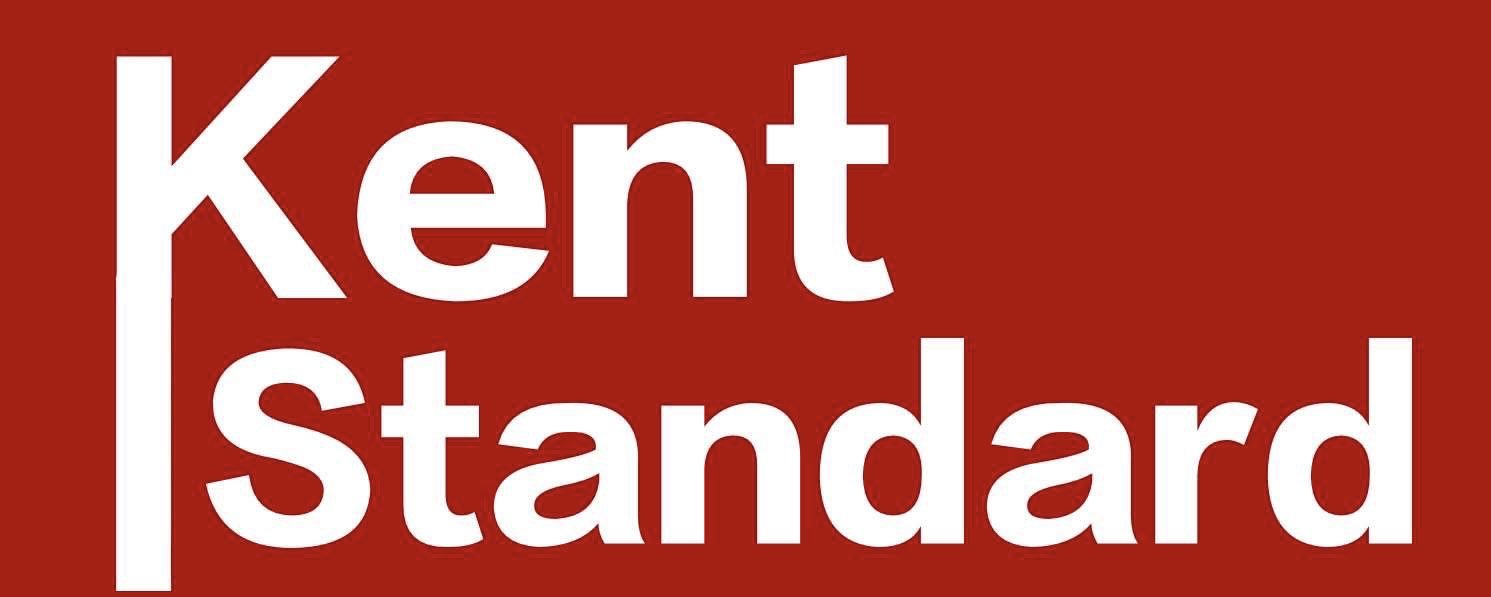After Microsoft were blocked from making a £59bn bid for Activision in April by the Competition and Markets Authority, the deal has finally broken through; though concerns are being made around the acquisition.
It took two years to get to this stage, with the CMA intending to stop any deals that would cause Microsoft to have a “stranglehold over this important and rapidly developing market” according to the CMA’s Chief Executive Sarah Cardell.
Despite the deal going through however, there were still murmurs about the conduct of Microsoft over the two years, who the CMA claimed were deliberately holding up the progress of the deal by repeatedly suggesting the same “package of measures… that simply wouldn’t work.” Costing both sides significantly more time and money and was no way to deal with the CMA according to Cardell.
Brad Smith, Vice Chair of Microsoft stated today “We’re grateful for the CMA’s thorough review and decision today. We have now crossed the final regulatory hurdle to close this acquisition, which we believe will benefit players and the gaming industry worldwide.”
Companies like Sony had significant grievances with Microsoft being allowed such a huge deal, however the CMA ensured that the agreement contained clauses that protected Activision’s games from becoming exclusives on services like Microsoft’s Xbox Game Pass, or other cloud streaming services. The tech giant had to relinquish control of Activision’s franchises to publisher Ubisoft as per the deal.
Here’s the play by play of how the deal went down:
The initial ruling in February 2023, found that the deal clashed with competition in the games console market, with Sony (of PlayStation fame) being particularly opposed to the deal.
The CMA then reversed their stance on that position.
In March they then stated that Microsoft would have no financial reason to make Call of Duty, arguably Activision’s most profitable franchise, an Xbox exclusive.
Yet the CMA then blocked the deal in April, stating the impact on cloud gaming would be too great.
The EU then approved the deal in May, while the CMA had not, meaning proceedings couldn’t go ahead.
The situation changed however when Microsoft beat the Federal Trade Commission to prevent it’s closure within a US court, hours after, the CMA stated they had agreed to postpone the appeal while it considered restructuring the deal.
The revised deal was submitted in August, wherein the cloud gaming rights would be sold to Ubisoft before the completion of the deal.

